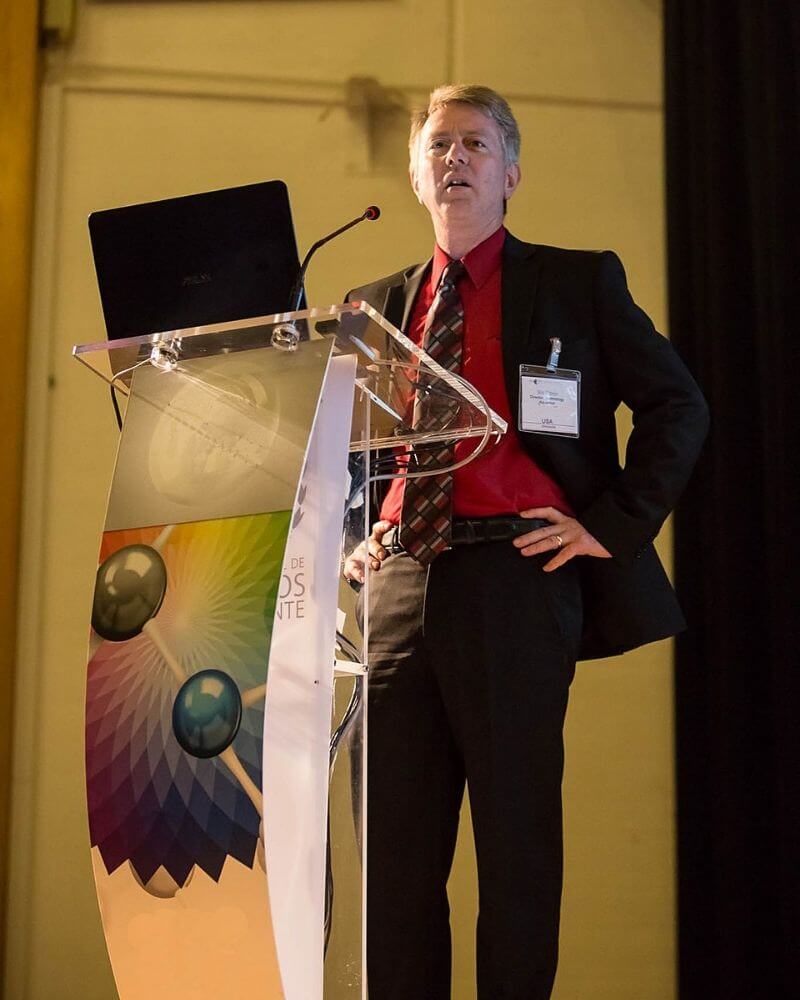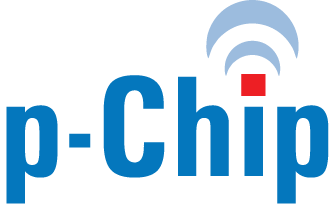Startups are famously innovative, agile, and fast-moving. But their resources for research and development are often far more limited than those of a large organization.
So how can newer, growing innovators stay competitive?
For p-Chip Corp., the answer—in part—lies in its university-outreach program.
Through the program, p-Chip not only shares information and perspective, but also gains access to world-class thought leaders, talent, technologies and materials—resources that the startup’s leaders can leverage and scale as p-Chip grows.

With this vision leading the way, p-Chip Corp. takes a three-pronged approach to university outreach:
- Academic outreach
- Industrial advising to academic programs
- Executive MBA seminars
Academic Outreach
As part of its academic-outreach efforts, p-Chip takes a strategic approach that benefits all parties involved:
First, our leaders review the company’s technical roadmap and identify technology gaps. Then, p-Chip singles out global thought leaders doing research in these spaces—programs that push the envelope in critical technologies.
Currently, the startup’s four focus subjects include:
- Integrated circuit design
- Materials science
- Provenance and production claims tracing in food & agriculture
- Plastics and composites integration
Such targeted academic outreach allows p-Chip to develop deep and purposeful partnerships with key universities, opening up opportunities to leverage critical technologies and intellectual property that would not otherwise be available to a startup entity.
Industrial Advising to Academic Programs
p-Chip executives, including CTO Bill Eibon, work with leading academic programs to form mutually beneficial partnerships. These relationships are strategically designed to bolster universities’ efforts toward post-graduate success rates while supporting the long-term health of the p-Chip team.
Through these partnerships, universities receive up-to-the-minutes advice on what corporations like p-Chip need in future graduates, including cutting-edge insight into what’s likely to be most desirable in coming years.
At the same time, p-Chip Corp. sponsors capstone projects and the like. This allows access to infrastructure, equipment and—perhaps most importantly—relationships with talented, hard-working students.
Such invaluable relationships help p-Chip build out its talent pipeline far in advance, identifying standout candidates early on.
Seminars for Executive MBA Schools
p-Chip’s university-engagement program also includes an ongoing effort to present in seminars for various executive MBA schools. These seminars expose students to diverse perspectives on innovation management in various industries.
p-Chip typically focuses its seminars on one of three topics:
- Academic-industrial partnering
- Research and development (R&D)
- Disruptive innovation
Pforzheim University
A recent seminar example came when Bill Eibon served as a guest lecturer at Pforzheim University in Germany.
Eibon spoke as part of Dr. Frank J. Maile’s course, “The Quest of Successful Innovation Management – a Practical Guide for Developing and Maintaining Disruptive Innovation.”
The course discussed how products are developed, designed, tested, implemented and commercialized. Students were also introduced to the product-development process, design thinking and product lifecycle.
Eibon’s talk centered on the idea that while most industrial entities are innovative, few are disruptive.
To help remedy this, Eibon shared strategies for building and nurturing cultures and networks that extend beyond corporations. At the heart of this lecture was the message that forging creative partnerships with a variety of industries and functions is key to disruptive innovation.
In fact, the p-Chip university-engagement effort that helped connect Eibon and Pforzheim reflects one such partnership. It’s a forward-thinking approach that is already yielding great gains for p-Chip Corp., as well as its clients and partners.




Leave a Reply